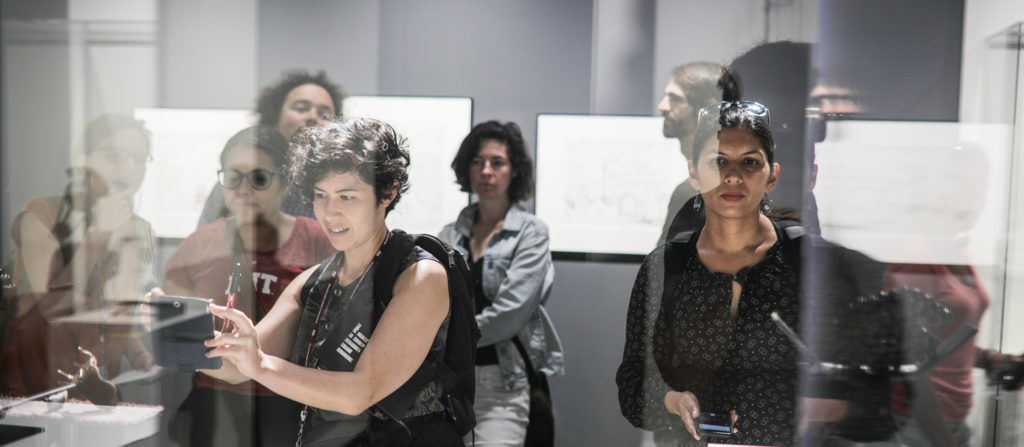World Renowned Science Journalism Fellowships
At a time when thoughtful, innovative, and engaging science journalism has never been more essential. Our world-renowned fellowship programs support science journalists around the globe, providing community, resources, and mentorship to encourage the rigor and tenacity that the public needs from science journalists. Fellows leave KSJ with an enhanced ability of journalists to accurately and thoughtfully illuminate science and its intersection with human culture.
KSJ Academic-Year Fellowship →
The KSJ Academic-Year Fellowship is open to 10 science journalists each year. Science journalists from around the globe are eligible for the fellowship, provided they have 3+ years of full-time journalism experience. Fellows spend 9.5 months at MIT delving into a research project of their choice and exploring science, technology, and the craft of journalism.
Fellowship for Advancing Science Journalism in Africa and the Middle East →
This new one-semester fellowship was inspired by the life and career of Egyptian science journalist Mohammed Yahia. The fellowship was created in partnership with Springer Nature, publisher of Nature Middle East, which grew to be an important contributor to science reporting in the region under Yahia’s leadership from 2010-2023.The fellowship aims to enrich the training of a journalist from Africa or the Middle East so they can contribute to a culture of high-quality science and health journalism in those regions, as well as raising awareness of regional advances in the rest of the world.
Sharon Begley Science Reporting Fellowship →
This one-year fellowship combines experiences and education alongside the academic-year fellows with a paid reporting position at STAT, the nation’s must-read health, science, and medicine publication. Sharon Begley Fellowship is intended for early-career U.S. journalists from racial and ethnic groups underrepresented in the profession and will prepare them for a successful career in science journalism.
HBCU Science Journalism Fellowship →
This new fellowship, launched in 2024, is geared toward students at Historically Black Colleges and Universities who have an interest in science, health, and environmental reporting. The fellowship includes a one-week summer camp — held at the Knight Science Journalism Program’s Cambridge, MA, headquarters — and a one-year remote mentorship experience.


